Touro Nevada Community Speaks About the Importance of Black History Month
In celebration of Black History Month, Touro University Nevada’s students, faculty, and staff spoke about the importance of Black History Month and why diversity, equity, and inclusion in healthcare and education is critical to our success as a society.
Rianda Carodine, College of Osteopathic Medicine, Class of 2024

Between the enactment of the Title VI Civil Rights Act in 1964, which led to the desegregation of U.S hospitals, to the viral illustration of a black fetus in the womb seen in 2021; the mission for equity and representation within the healthcare system has been a progressive movement with more ground to break.
As both a “user” of the healthcare system and a future provider, I believe that creating a healthcare system that mirrors that diverse demographic of our populations is critical for the bigger picture of striving to correct the racial disparities that continue to persist in medicine. As a first-generation medical student, I am happy to be a part of the growing number of African-American students who choose to pursue a career in medicine. Through my background and experiences, I hope to recruit more minority healthcare professionals to advance the inclusiveness of the healthcare system.
Shantara Belnavis, Wellness Coordinator, Student Counseling Services

I love Black History Month because of the pride and joy it produces in people who are often unheard and mistreated in our society. I see this month— and every heritage month— as an opportunity to pause in the middle my race, look back with gratitude at all the hands that carried the baton this far, and get insight on how to be the champion of my relay. This time of reflection is critical for strengthening my ability to be an agent of change for myself and everyone around me. I believe that our society benefits the same when we promote diversity, equity, and inclusion, and representation in health care and education.
Tracey Johnson-Glover, Assistant Professor, School of Nursing
I had an interesting conversation with two nursing colleagues about experiences we’ve had with patients and their families. I am African-American, one of my friends is Filipina, and the other is Columbian. The Filipina nurse had encountered a nurse being judgmental toward a patient because she did not understand why the Asian mother did not come and visit her infant in the Neonatal ICU. She wanted her to be more present. The nurse had to explain to her that this was a cultural practice, and that the mother was encouraged to stay home by family members and to recuperate. In her country, she would have had family members tend to the infant’s needs while she rested and her time with the baby would be to breastfeed only. Once this was explained, she understood and was more empathetic to the parents. If the Filipina nurse had not been there to explain the cultural differences, the other nurse was prepared to unnecessarily report her to Child Protective Services.

There was another instance when an infant needed a lifesaving procedure done but the parents from a Middle Eastern country were refusing to allow it. When a nurse from their country, who understood the culture explained to the doctor that whenever the healthcare professionals conversed with the parents, they spoke only to the mother of the baby. In their patriarchal culture, the providers should have given the father respect by giving him eye contact and recognizing he had ultimate authority in the decision-making process. Once the nurse conveyed their concerns, they were able to proceed with the surgery.
In both instances, it was a healthcare provider who had experience with other cultures, or even their own, who helped divert negative consequences. These are just two examples as to why diversity is needed to help with understanding cultural differences with all of our patients.
Learn More about Touro Nevada's Nursing Programs


